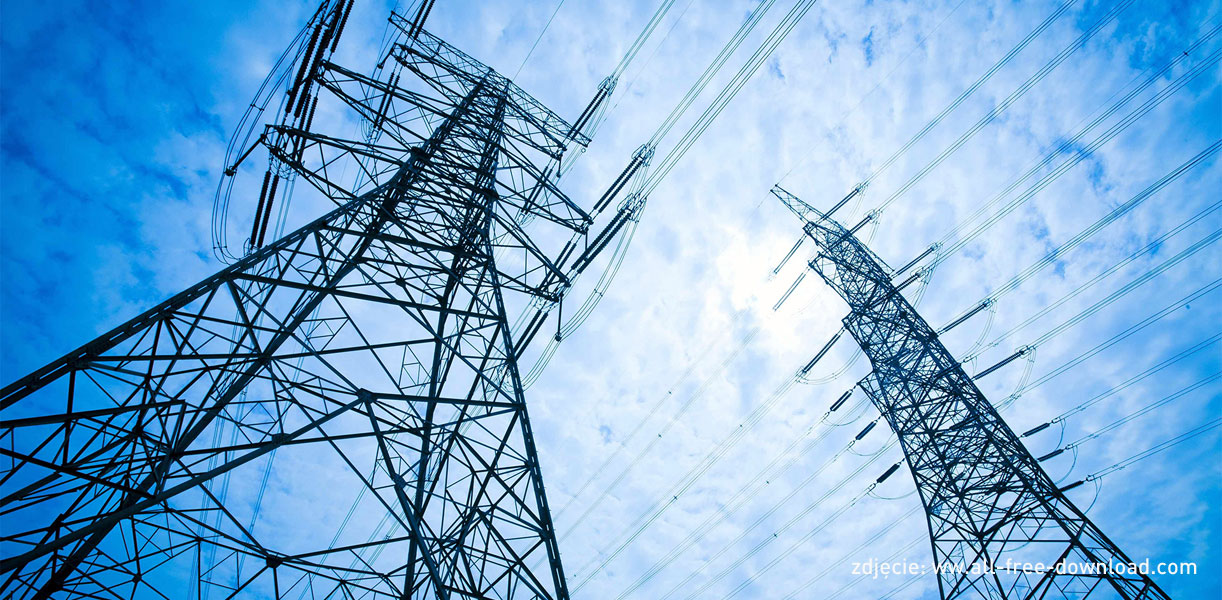The ECA auditors reviewed EU support for electricity storage for both the electricity grid and vehicles, as well as for the production of synthetic gas. Storage of fossil fuels was not taken into account during the inspection work. The document covers the development of the energy storage sector in the EU by the end of January 2019.
Energy storage technologies can contribute to the EU’s energy and climate objectives as they provide a flexible response to imbalances resulting from the increased share of renewable energy sources with unpredictable characteristics, such as wind and solar energy, in the electricity grid.
Electricity or hydrogen produced from renewable energy sources can contribute to reducing emissions from road transport and improved energy storage technologies can expand the fleet of vehicles using such fuels.
There were a number of obstacles that hindered investment in electricity grid storage solutions, but according to the auditors, the new rules should make it easier for investors to overcome most of them. As far as electric mobility is concerned, they warned that the late and inconsistent development of charging infrastructure for electric vehicles could delay their roll-out.
The ECA auditors defined the main challenges for EU support for the development and deployment of energy storage technologies. In their assessment, it is necessary to ensure a coherent strategy and increase stakeholder support. At the same time, they call for a reduction in the complexity of EU research funding and for support for research and innovation in energy storage technologies, as well as the removal of obstacles faced by investors.



